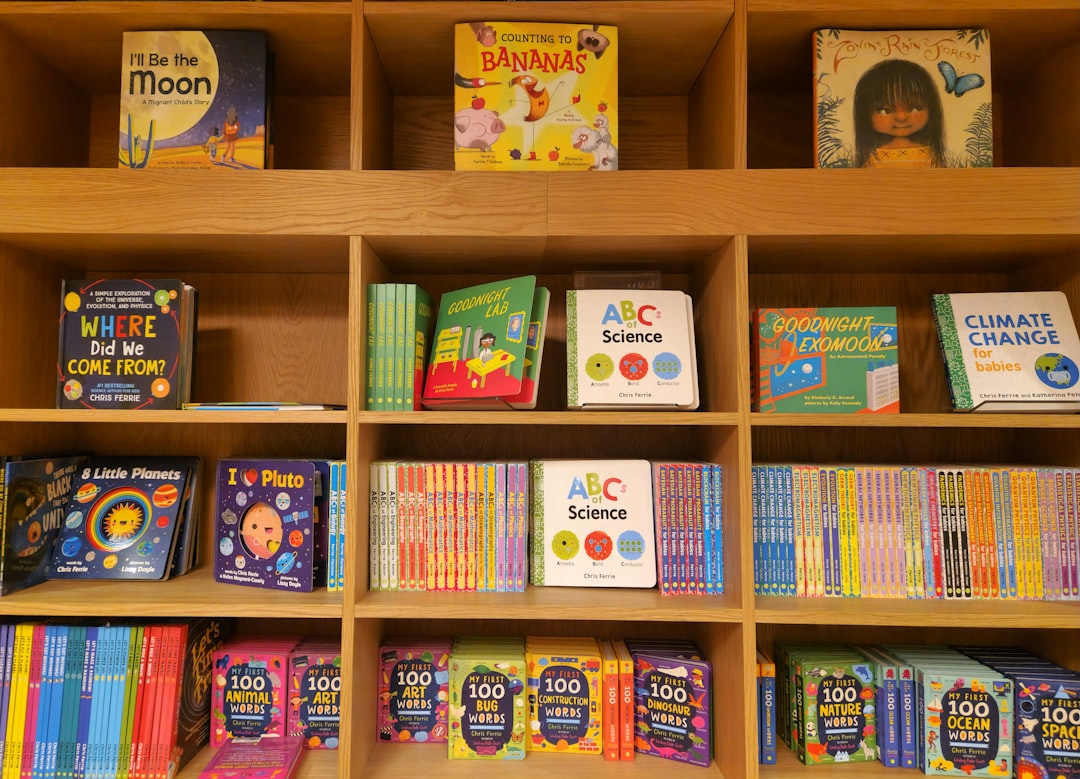In a world where information is at the fingertips of every student, educating them about sensitive topics like alcohol is crucial. This article delves into the innovative approaches schools can take to incorporate alcohol education into their curriculums. By fostering a comprehensive understanding from a young age, we can empower our children to make informed decisions and nurture a healthier future generation.
The Need for Alcohol Education in Schools
Alcohol remains one of the most commonly abused substances among youth. Despite its widespread use and the potential risks, many educational systems skim over detailed discussions about alcohol, often limiting information to abstinence-based messages. This section explores why a robust curriculum addressing alcohol is necessary, highlighting the benefits of starting education early to combat misinformation and prevent alcohol-related issues.
Curriculum Integration Strategies
Introducing alcohol education isn’t just about allocating a specific timeframe to discuss it; it’s about weaving the information seamlessly into existing subjects to enhance relevance and engagement.
Incorporating Real-Life Scenarios
Using real-life scenarios can help students relate to the material and understand the consequences of alcohol use. This method also aids in developing critical thinking skills as students navigate these scenarios to make informed decisions.
Interactive and Engaging Learning Tools
Leveraging technology and interactive tools can make learning about alcohol more engaging. Apps, games, and virtual simulations can provide hands-on learning experiences that are both educational and memorable.
Peer Education Programs
Empowering students to teach one another can have a profound impact. Peer-led programs create a relatable learning environment and can encourage more open discussions among students who may feel more comfortable talking about sensitive topics with their contemporaries.
Age-Appropriate Content Delivery
Tailoring the content to fit different age groups ensures that the information is both understandable and appropriate. For younger children, the focus should be on basic concepts like understanding what alcohol is and its effects on the body. As students grow older, the curriculum can include more complex topics such as the social, economic, and legal implications of alcohol use.
Early Education
Starting alcohol education in elementary school with simple, age-appropriate conversations can set a foundation that will be built upon in later years.
Adolescent Focus
During the teenage years, when the pressure to start drinking can increase, a focused curriculum that addresses the challenges and choices teens face can be particularly beneficial.
Community and Parental Involvement
Engaging the community and parents in alcohol education can extend learning beyond the classroom and provide a support system for students. Workshops, informational sessions, and resource sharing are ways to involve parents and caregivers, aligning the messages students receive at school and home.
Creating Community Partnerships
Schools can partner with local health organizations, law enforcement, and counseling centers to provide a broader spectrum of knowledge and resources.
Parental Engagement Strategies
Offering parents resources and training can equip them to discuss alcohol use effectively at home, reinforcing the curriculum taught in schools.
Evaluation and Adaptation of Educational Efforts
To ensure the effectiveness of alcohol education in schools, continuous evaluation and adaptation of educational strategies are essential. Gathering feedback from students, parents, and teachers can help identify areas of improvement and success, guiding future educational efforts.
Feedback Mechanisms
Implementing regular surveys and feedback forms can help gather insights on the curriculum’s impact.
Adapting to Changing Trends
As societal attitudes and patterns of alcohol use change, so too should the educational content, ensuring it remains relevant and effective.
In conclusion, integrating alcohol education into school curriculums requires thoughtful planning, creative strategies, and community involvement. By addressing this topic comprehensively and early in educational settings, we can better prepare our children to navigate the complexities of alcohol use and abuse, fostering a safer and more informed future.






